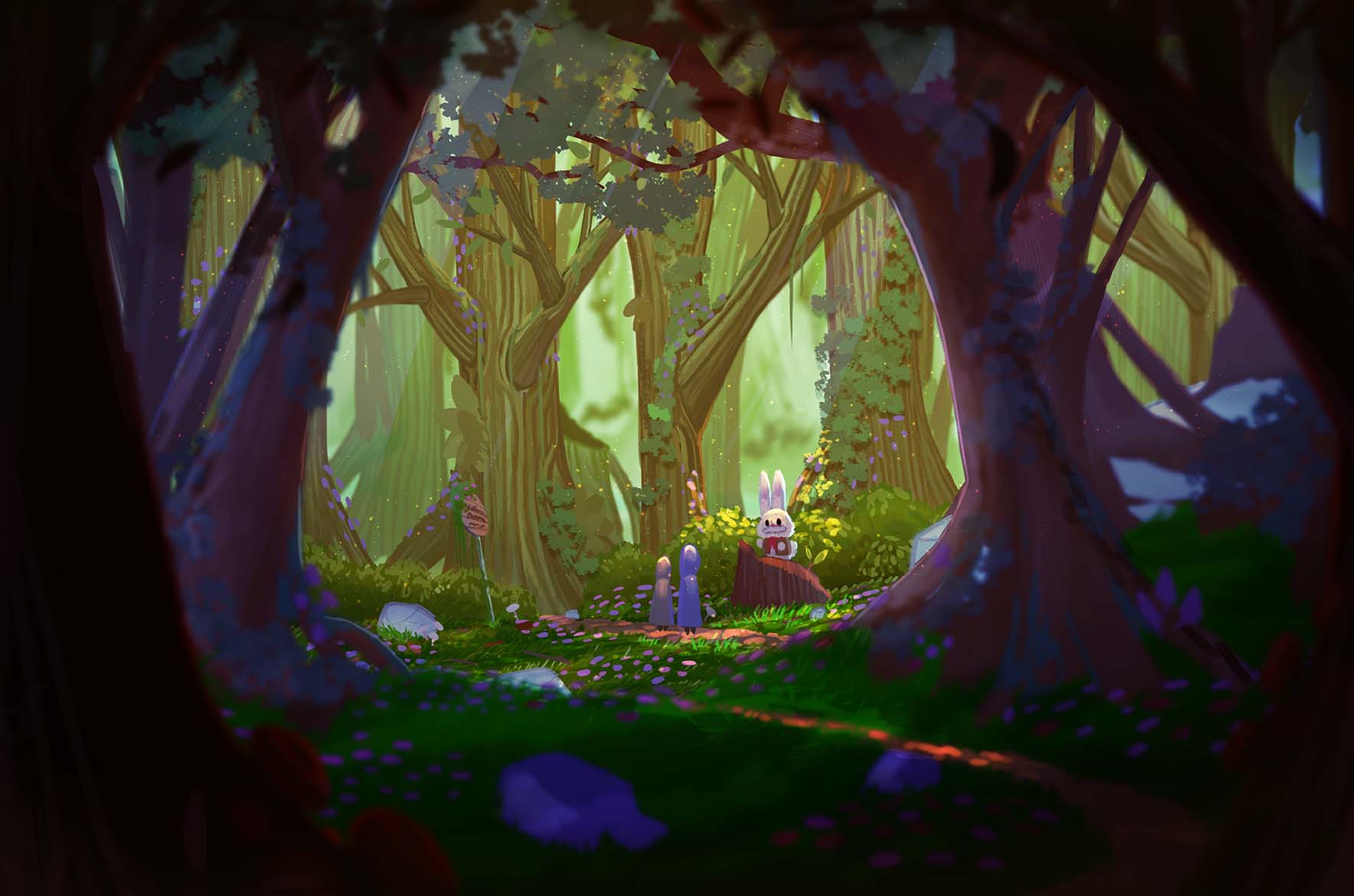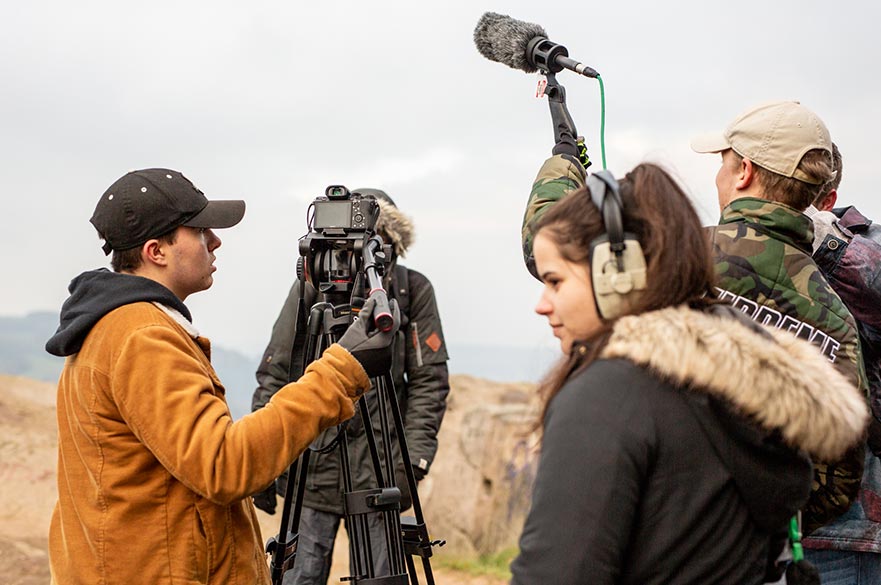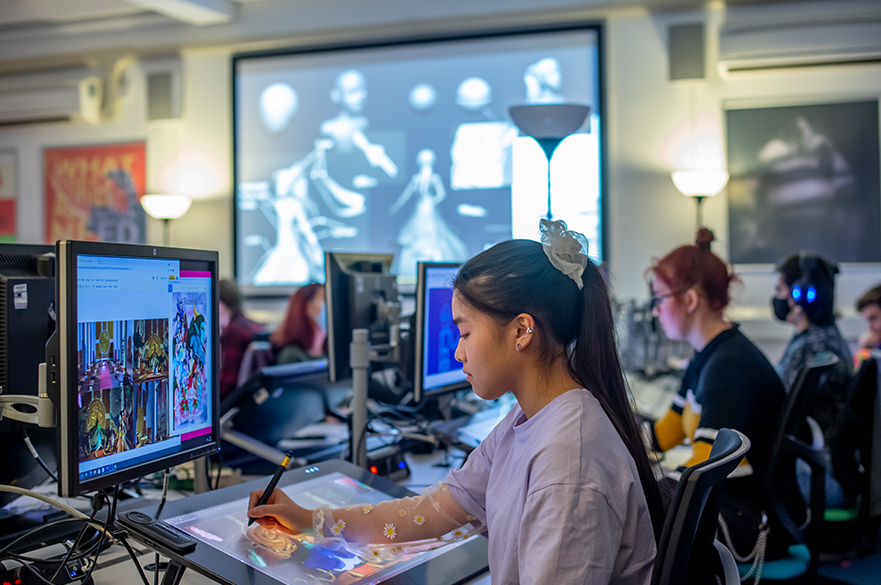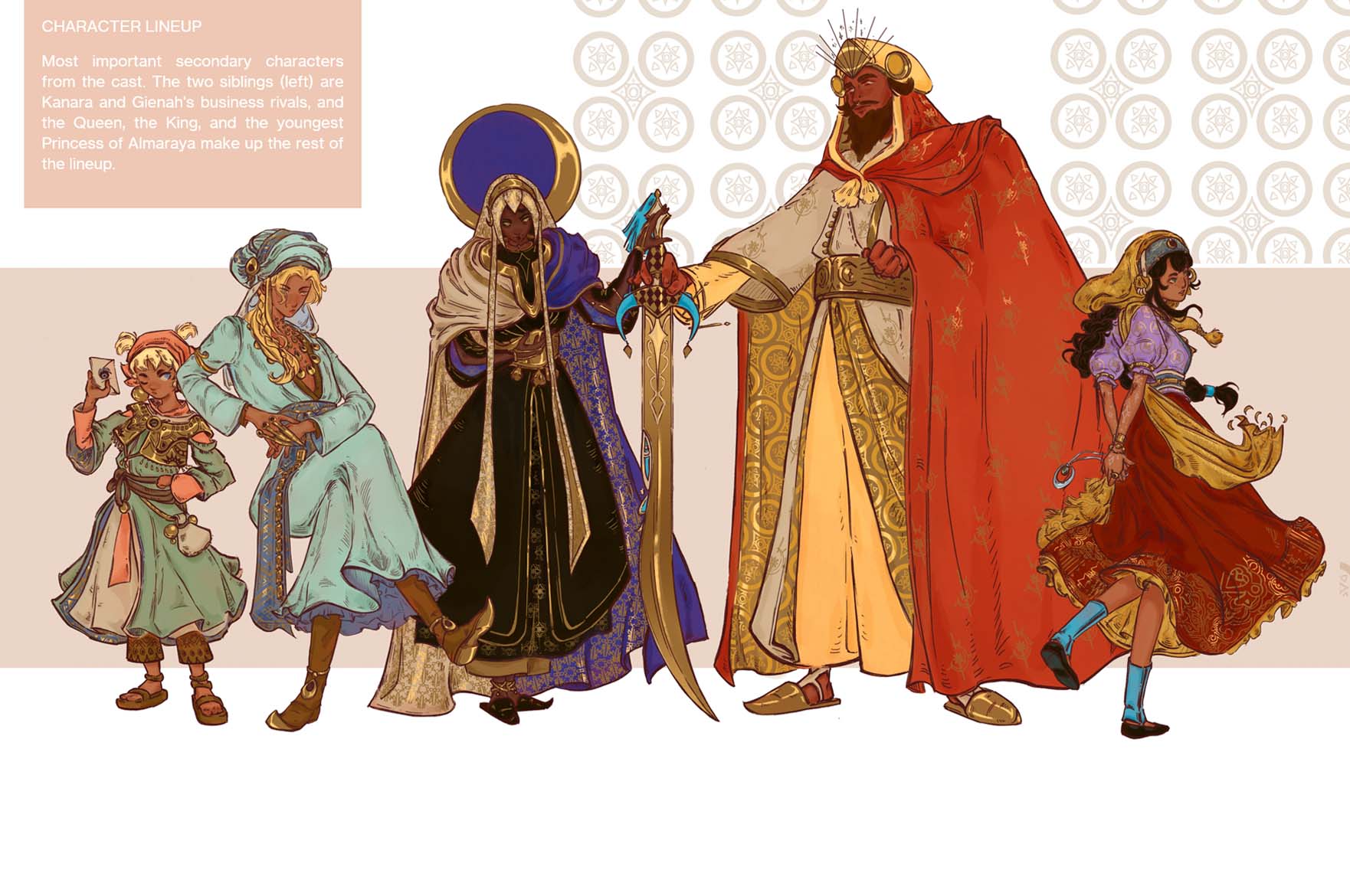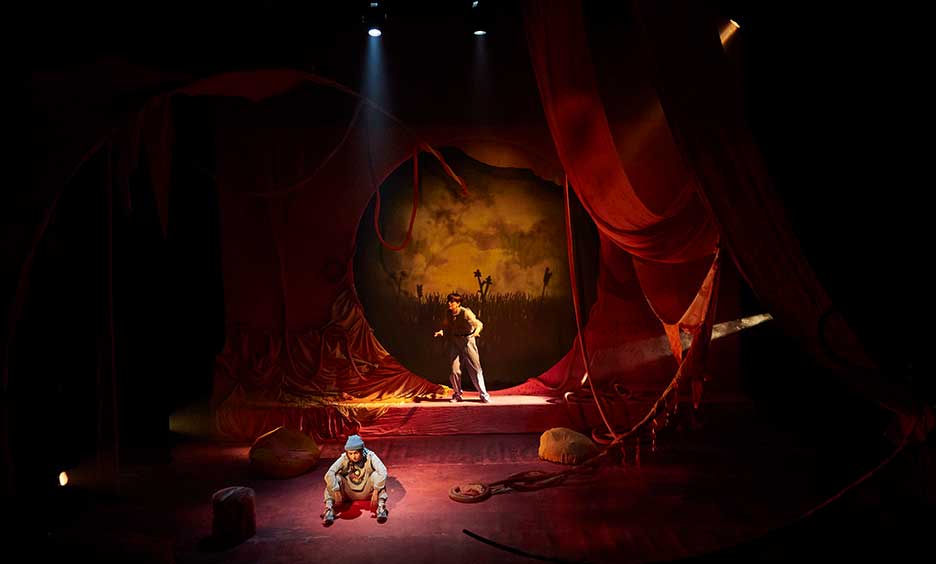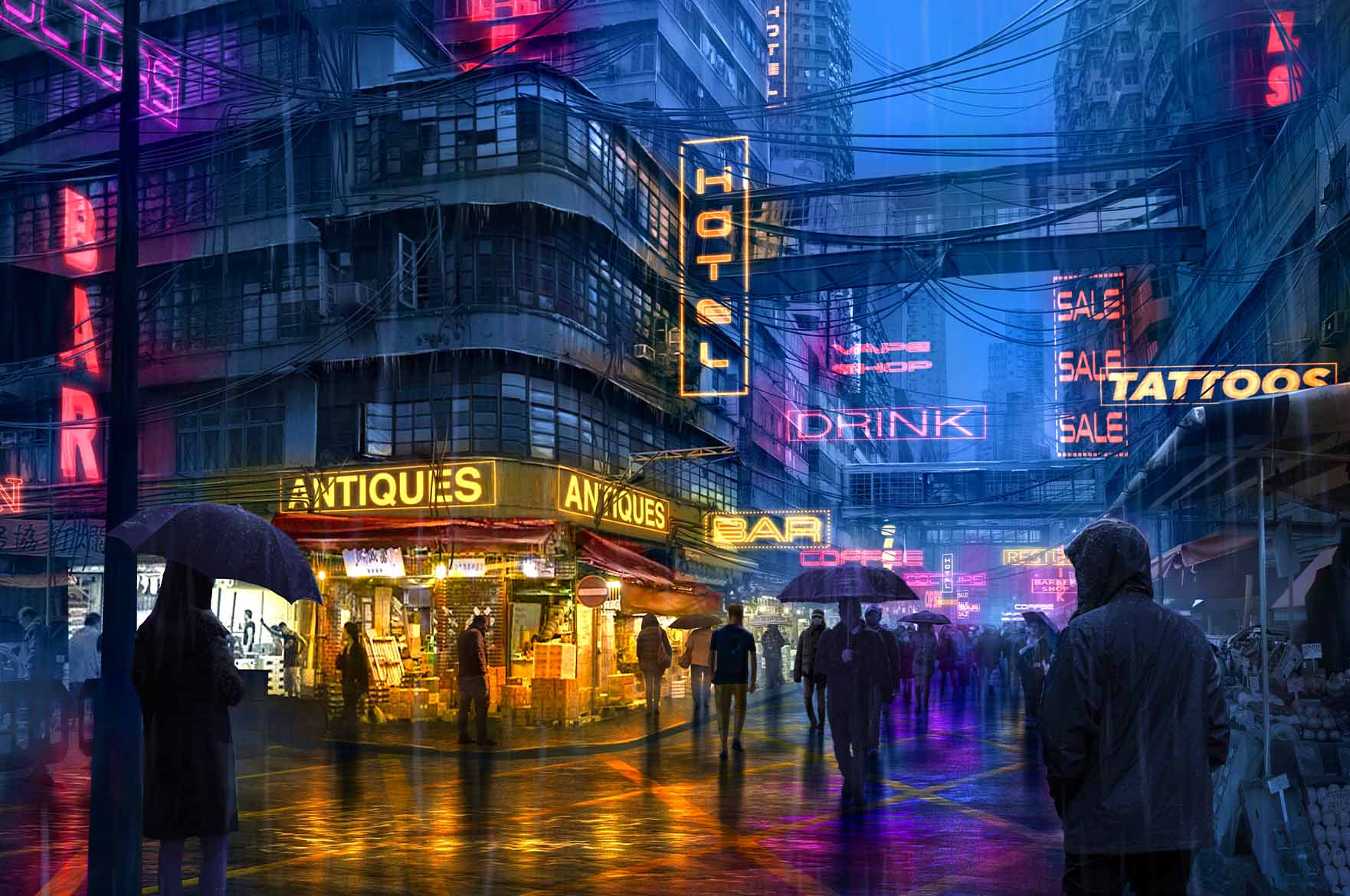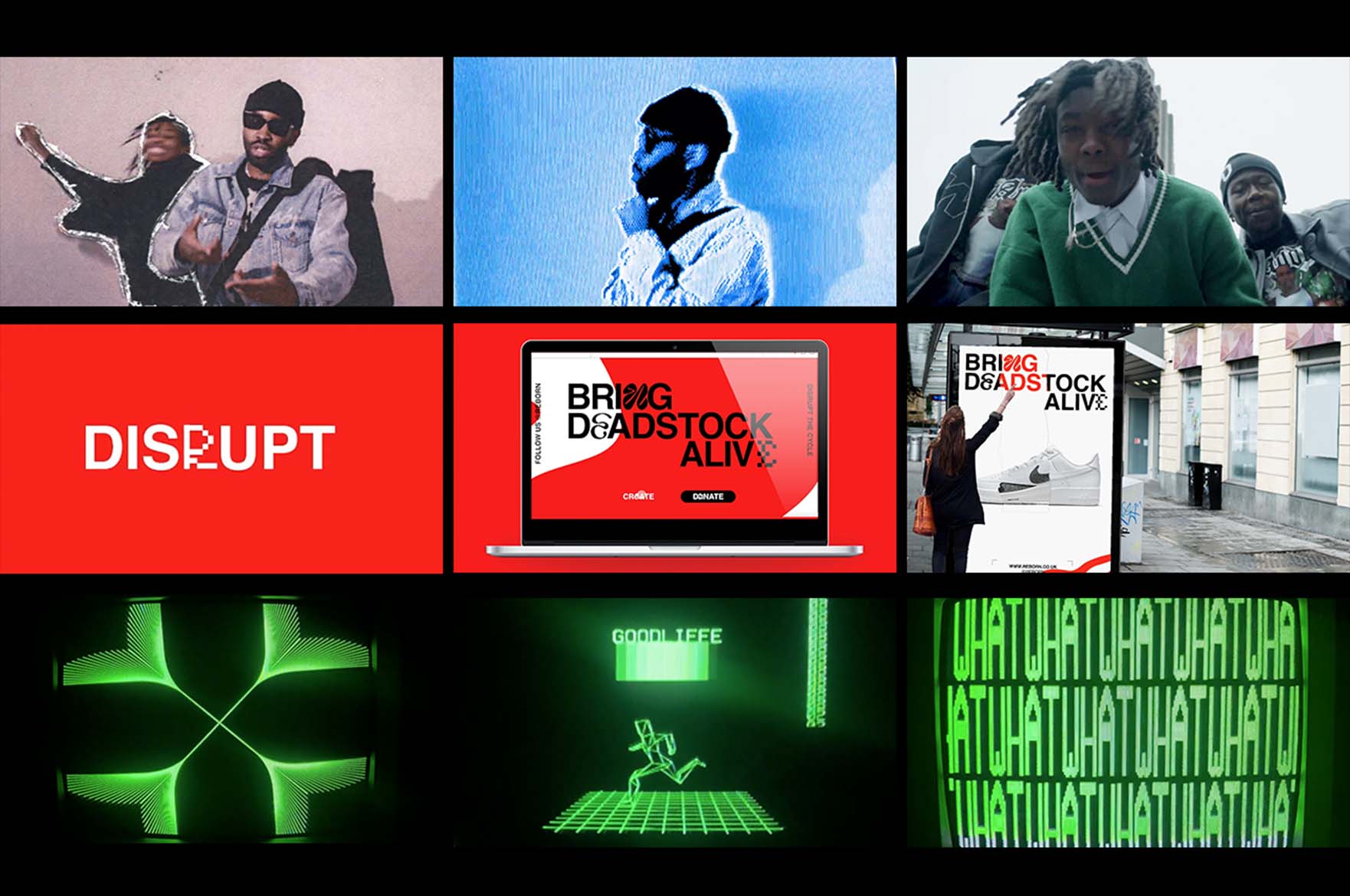About this course
Have you ever played a video game and wished that the gameplay was less frustrating or the level design more challenging? This course will take your technical skills to the next level as you design game scenarios and work out the gameplay and playability, programming and designing levels with the respective degrees of difficulty and fun. Working with games art and visual effects art students to add visual appeal, you’ll programme Blueprint games. Working alone, in teams or in industry focused workshops, you’ll develop the digital toolset, technical invention and contextual knowledge to create stimulating and fun games. You’ll graduate with an industry-ready reel demonstrating your invention and technical prowess.
-
You’ll have the opportunity to complete a work experience placement of up to a year in length. Dependent on the duration of your placement, you could gain an additional Diploma or Certificate in Professional Practice.
-
Develop your professional skills through self-initiated work experience placements, industry competitions, collaborations with organisations and guest lectures.
-
You’ll be able to personalise your studies by choosing from a range of up to eight optional modules. Your course also includes our School-wide, sector-leading CoLab module.
20
What you’ll study
Equip yourself with the necessary skills in game production, programming, and design with this degree program, and prepare yourself for a successful career in the ever-changing gaming industry.
The course will focus on students designing game scenarios, working out the gameplay and playability and designing the levels with the respective degrees of difficulty, working with Games Art, Visual Effects Art, and Animation students.
You’ll be able to personalise your studies by choosing from a range of up to eight optional modules. Your course also includes our School-wide, sector-leading CoLab module.
There is an opportunity for students to undertake a placement year, and transfer to the Sandwich route, please see further details in the ‘Year Three’ section below.
Introducing Gameplay
(40 credit points)
Learn about, and put into practice, the principles of gameplay and game mechanics, level design and game genre design principles. Throughout this module, you'll sharpen your skills and begin the journey of developing rich narrative and emotional experiences through gameplay by completing projects including the creation of tabletop games and game engine level design.
Games Studies
(20 credit points)
Explore the captivating and fascinating history of game playing and associated game theory, and delve into the present-day impact of electronic gaming on commercial, ethical, and societal factors. Research and interrogate the wider social, ethical and global context of games production and consumption.
Introducing 3D Digital Art
(20 credit points)
Gain the skills and knowledge needed to create digital models and designs. You will learn about polygonal modelling, surfacing, and lighting techniques. In addition, workshops on life drawing will strengthen your understanding of the human form, combined with research into traditional visual art forms like painting.
Programming Gameplay
(40 credit points)
Introduction to the fundamentals of system design and event programming. The knowledge gained will be used to create games with a beginner-friendly 2D game engine. Aspects of industry practice will also be introduced such as the game production workflow and technical standards.
System and Level Design
(40 credit points)
Building on the design knowledge you developed in Year One, you will further apply your knowledge and understanding of the fundamental theories and concepts required for system and level design. Throughout the module, you'll have the opportunity to specialise in either system or level design through different project briefs,
Games Design Studio
(40 credit points)
The aim of this module is to bring together like-minded game development students from Games Art and Games Design. Together, you'll work on projects to bring game ideas to life. Each project will be unique and challenge your collaborative skills and technical abilities, including one set by an industry partner.
CoLab: Research, Exploration and Risk-taking
(20 credit points)
Through active participation with team-based problem-solving, you will work together in mixed teams on a project where you will use your creative ideas to generate solutions to the challenge or brief. Your project will allow you to explore outside of your usual frames of reference and to move beyond your comfort zone. You can expect to engage in new conversations as you explore disruptive learning opportunities through participation in unfamiliar creative places and experiments as you embrace new opportunities.
Optional module:
You will also choose one optional 20-credit module from:
- 3D Materials and Exploration
- Storyboarding
- Exploring Creative Coding
- Performance for Motion Capture
- Sound Art & Design
- Open-source 3D Art
- Tabletop Game Development
- Interactive Narrative
Optional Placement Year (Sandwich)*
We have an option for all of our students to undertake a placement year (Sandwich) and allow you to decide whether this is right for you once you have completed years 1 and 2 of your course. This time spent working in industry provides our students with crucial work experience, which is highly prized and much sought after by employers upon graduation. If you are successful in securing a placement you will have the chance to gain an additional Certificate or Diploma in Professional Practice, dependent on duration.
The additional placement year incurs a fee. For international students considering the transfer to the 4-yr SW route it’s important to seek advice from the International Student Support team and the Home Office regarding any potential visa implications and costs. For UK students, advice should also be sought regarding SLC eligibility, if applicable.
* If you choose to take the sandwich route option, you will still need to apply for this course with the full-time UCAS code: W202
Games Design Project
(60 credit points)
Define yourself as a games designer through personal projects. Develop your projects and reflect upon their degree of success either as individual self-directed project/s or as a primary creative on other students’ projects. You'll be challenged to display your mastery of industry-standard digital tools to create stunning visual aesthetics and your ability to critically evaluate technological research to shape your game design and decision-making.
Screen Arts Collaboration
(40 credit points)
Building on the collaborative skills you have developed in Year Two, you'll have the opportunity to work with other screen arts students to fully develop a group project with a negotiated outcome or with an industry partner. You'll explore audio and visual storytelling as a group, working as a multi-disciplinary team to effectively respond to a brief.
Games Entrepreneurship
(20 credit points)
Assess your previous learning and specialised direction to focus your final year effort towards building your graduate profile. Throughout the module, you will identify and evidence the required professional knowledge and skills aligning with your future goals in your final showcase and reflect upon the progression of your creative and technical processes and outcomes.
We regularly review and update our course content based on student and employer feedback, ensuring that all of our courses remain current and relevant. This may result in changes to module content or module availability in future years.
Video Gallery
How you're taught
Studio practice is a key element of this course, and you’ll spend a lot of time in a creative studio environment. Teaching and learning experiences will include:
- studio activities
- peer groups
- lectures
- workshops
- seminars
- group tutorials
- one-to-one surgeries
- portfolio reviews
- self-initiated work experience.
Collaboration across courses
This course offers our new innovative collaboration module. This gives you the opportunity to work collaboratively with your contemporaries from a range of different art and design subjects and beyond. You’ll be working alongside artists, designers, photographers, illustrators, animators, and filmmakers on daring and creative projects that prepare you for a rewarding career in your chosen industry. Your project will allow you to explore how creativity can make an impact in society, as you choose a theme of sustainability, social justice, enterprise and innovation or community.
Exchange opportunities
If you’re thinking about studying part of your degree abroad, the course has exchange agreements with a number of institutions around the world.
Exchanges take place in Year Two of the course. You’ll receive guidance from the University about where you can study, and help in completing your application and arranging your exchange.
Showcase
You will be given the opportunity to exhibit your work during your time at NTU to members of the creative industries. Visit our ‘We Are Creatives’ showcase to take a look at the work of graduating students from across our courses.
Careers and employability
Graduates from this course will be able to go into a range of roles. Examples include:
- Gameplay designer
- Games writer
- Level Designer
- AR/VR designer
- Technical artist
- Technical animator
- UX/UI designer
- AI programmer
- Engine programmer
- Gameplay programmer
- Generalist programmer
- Network programmer
- Digital tools engineer
Connecting with industry and work placement opportunities
Industry professionals will visit the course to guest lecture and share their experiences. Live projects and competitions will help you to gain real experience of the industry, make contacts, and build your portfolio and CV.
You’ll be encouraged to undertake short periods of work experience alongside your studies. You will normally complete these placements during holiday periods, but you will have the option of taking up to two weeks out of term time, which you can negotiate with your tutor.
In addition, you’ll also have the opportunity to complete a longer work experience or placement, with the chance to gain an additional Diploma or Certificate in Professional Practice, dependent on duration. Course tutors and our Employability team are on hand to support you in applying for placement and professional practice opportunities.
YouFirst – working with our Employability team
Studying a creative degree in a large university has many benefits, none more so than having access to a large employability team.
Our friendly, experienced careers consultants from our NTU Employability team will work closely with you at every stage of your career planning, providing personal support and advice you won't find in a book or on the Internet.
You can benefit from this at any time during your studies and for up to three years after completing your course.
Creative Industries Federation
We are members of the Creative Industries Federation (CIF), which means students in the Nottingham School of Art & Design have the opportunity to sign up to free student membership. Creative Industries Federation are an organisation that represents, champions and supports the UK’s creative industries and membership grants students exclusive access to their selection of resources and events to help advance your career and connect with industry.
Campus and facilities
You’ll be based in our new Design & Digital Arts Building. Opening for 2024 admission, our new Design & Digital Arts Building will place Nottingham as a UK hub for film, television, animation, UX design, games design, graphic design and more.
You'll have access to industry-standard facilities which include a virtual production studio, an in-camera Visual Effects studio and a black box studio, as well as collaborative studio spaces, future technology suites and exhibition spaces.
Entry requirements
UK students
- Standard offer: 112 UCAS Tariff points from up to four qualifications
- Contextual offer: 104 UCAS Tariff points from up to four qualifications
To find out what qualifications have tariff points, please use our tariff calculator.
Additional requirements for UK students
There are no additional requirements for this course.
Contextual offers
If you don’t quite meet our entry requirements, we might be able to make you a lower offer based on a range of factors, including your background (such as where you live and the school or college you attended), your experiences and your individual circumstances (you may have been in care, for example). This is called a contextual offer, and we get data from UCAS to help make these decisions. We do this because we believe everyone with the potential to succeed at NTU should have the opportunity to do so, no matter what barriers you may face.
Meeting our entry requirements
Hundreds of qualifications in the UK have UCAS Tariff points attached to specific grades, including A-levels, BTECs, T Levels and many more. You can use your grades and points from up to four different qualifications to meet our criteria. Enter your predicted or achieved grades into our Tariff calculator to find out how many points your qualifications are worth.
Other qualifications and experience
NTU welcomes applications from students with non-standard qualifications and learning backgrounds, either for year one entry or for advanced standing beyond the start of a course into year 2 or beyond.
We consider study and/or credit achieved from a similar course at another institution (otherwise known as credit transfer), vocational and professional qualifications, and broader work or life experience.
Our Recognition of Prior Learning and Credit Transfer Policy outlines the process and options available for this route. If you wish to apply via Recognition of Prior Learning, please contact the central Admissions and Enquiries Team who will be able to support you through the process.
Getting in touch
If you need more help or information, get in touch through our enquiry form.
International students
Academic entry requirements: 112 UCAS Tariff points from up to four qualifications. We accept equivalent qualifications from all over the world. Please check your international entry requirements by country.
English language requirements: See our English language requirements page for requirements for your subject and information on alternative tests and Pre-sessional English.
Additional requirements for international students
If you need help achieving the academic entry requirements, we offer a Foundation preparation course for this degree. The course is offered through our partner Nottingham Trent International College (NTIC) based on our City campus.
English language requirements
View our English language requirements for all courses, including alternative English language tests and country qualifications accepted by the University.
If you need help achieving the language requirements, we offer a Pre-Sessional English for Academic Purposes course on our City campus which is an intensive preparation course for academic study at NTU.
Other qualifications and experience
If you have the right level of qualifications, you may be able to start your Bachelors degree at NTU in year 2 or year 3. This is called ‘advanced standing’ entry and is decided on a case-by case basis after our assessment of your qualifications and experience.
You can view our Recognition of Prior Learning and Credit Transfer Policy which outlines the process and options available, such as recognising experiential learning and credit transfer.
Sign up for emails
Sign up to receive regular emails from the International Office. You'll hear about our news, scholarships and any upcoming events in your country with our expert regional teams.
Getting in touch
If you need advice about studying at NTU as an international student or how to apply, our international webpages are a great place to start. If you have any questions about your study options, your international qualifications, experience, grades or other results, please get in touch through our enquiry form. Our international teams are highly experienced in answering queries from students all over the world.
Policies
We strive to make our admissions procedures as fair and clear as possible. To find out more about how we make offers, visit our admissions policies page.



